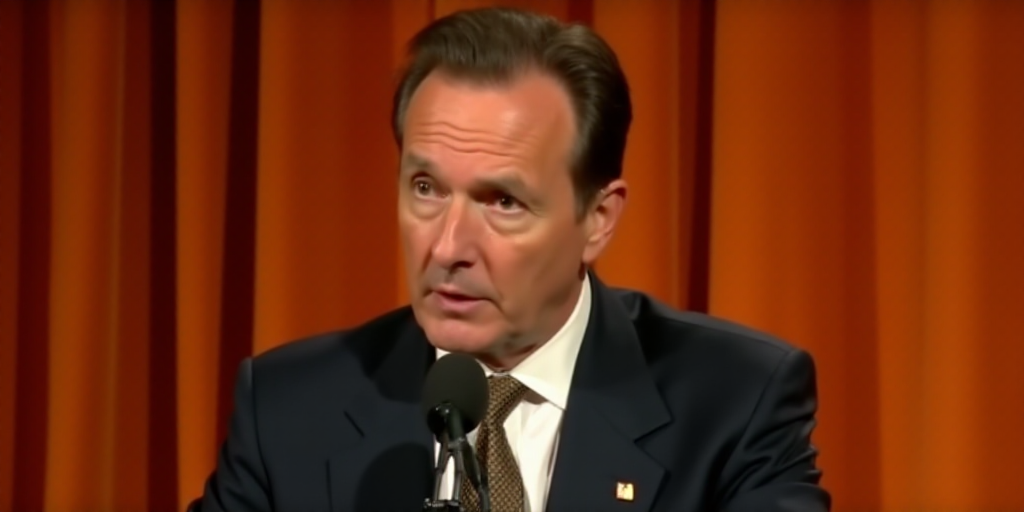Background on Donald Trump and His Stance on Drug Cartels
Donald Trump, the former President of the United States, has been vocal about his concerns regarding drug cartels in México. Since returning to the White House, Trump has led an aggressive diplomatic campaign against these cartels. He believes that Canada and México are not doing enough to combat the entry of fentanyl into the U.S., using this as a basis to threaten tariffs.
Trump’s Recent Statements and Accusations
On this particular Wednesday, Trump reiterated his claims that Mexican drug cartels have a “very strong control” over the country. He signed the “HALT Fentanyl Act,” which imposes stricter penalties for fentanyl trafficking, stating that the situation cannot be allowed to persist.
Trump has repeatedly accused Mexican drug cartels of illegally manufacturing fentanyl using substances sourced from China. He has gone so far as to label these cartels as “global terrorist organizations.” In recent months, he has asserted that narcotraficantes dominate México and even accused the Mexican government of having an “intolerable alliance” with cartels.
The HALT Fentanyl Act and Its Implications
During the signing ceremony for the “HALT Fentanyl Act,” Trump emphasized that this legislation “deals another blow to the vicious narcotraffickers, criminals, and cartels.” He claimed that Mexican authorities are “terrified” to work in their offices due to the cartels’ significant control over politics and people in power.
The new law mandates a minimum prison sentence of 10 years for trafficking over 100 grams of fentanyl or a similar substance. In 2024, fentanyl was responsible for nearly 50,000 overdose deaths in the United States, according to official sources.
Concerns about loopholes led lawmakers to address the issue of cartels altering fentanyl analogs as they are declared illegal. To tackle this, the law permanently classifies “illicit imitations of fentanyl” as Schedule I drugs, which have no currently accepted medical use and high potential for abuse. These substances were already on this list since 2018 but temporarily.
Trump highlighted carfentanil, a synthetic opioid approximately 10,000 times more potent than morphine and 100 times stronger than fentanyl, which can be lethal in doses as small as 2 micrograms.
The Opioid Epidemic in the United States
The opioid crisis in the U.S. dates back to the 1990s when pharmaceutical companies aggressively marketed prescription painkillers. Over the past two decades, more than one million Americans have died from drug overdoses.
Key Questions and Answers
- What is the HALT Fentanyl Act? The HALT Fentanyl Act is a U.S. law that imposes stricter penalties for fentanyl trafficking, classifying illicit imitations of fentanyl as Schedule I drugs to combat the growing opioid epidemic.
- Why does Trump claim Mexican cartels have strong control? Trump asserts that Mexican drug cartels dominate the country, illegally manufacturing fentanyl using substances sourced from China. He believes Canada and México are not doing enough to address this issue.
- What is carfentanil? Carfentanil is a synthetic opioid approximately 10,000 times more potent than morphine and 100 times stronger than fentanyl. It can be lethal in doses as small as 2 micrograms.
- What is the opioid epidemic? The opioid crisis in the U.S. began in the 1990s when pharmaceutical companies aggressively marketed prescription painkillers. Over two decades, more than one million Americans have died from drug overdoses.






